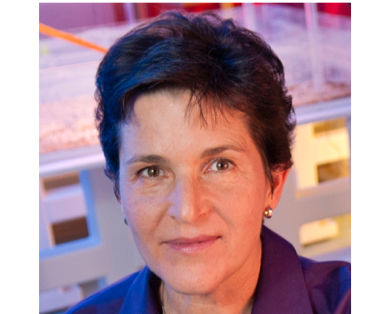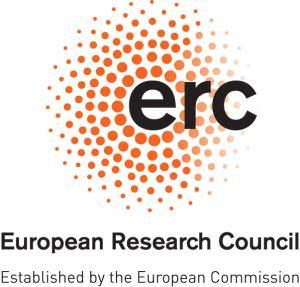
- This event has passed.
Workshop with Deborah Gordon (Stanford University) – Interaction networks: From ant colonies to the immune system
29 April 2019 | 9 h 30 min - 17 h 00 min

Presentation of the topic
In her work on ants, Deborah Gordon has shown that collective behavior operates without central control, through interactions among individuals. Like any phenotypic trait, the process that regulates collective behavior evolves in relation with a dynamic environment. Similar ecological constraints, in many natural systems from cells to ants, may correspond to similar algorithms that regulate collective outcomes. Some important aspects of the dynamics of the environment include stability, the threat of rupture or disturbance, the ratio of inflow and outflow of resources or energy, and the distribution of resources. These correspond to the dynamics of collective behavior, including the rate of amplification, how feedback instigates and inhibits activity, and whether information is spatially centralized. The collective behavior of ant colonies is based on simple olfactory interactions. Ant species differ enormously in the algorithms that regulate collective behavior, reflecting diversity in ecology. An example is the contrast between the regulation of foraging by harvester ants in the desert, where life is tough but stable, and by arboreal turtle ants in the tropical forest, where life is easy but unpredictable.
The general aim of this workshop is to explore the shared features between ant colonies and the functioning of the immune system. Are they similar networks? Do encounters between immune cells look like ant encounters? Can one find algorithms, or general rules, that would help predict the behavior of both ants and immune cells? This workshop gathers around Deborah Gordon a diversity of researchers: philosophers of science, specialists of systems biology, immunologists and neuroscientists. Collectively, they will assess to what extent the analogy between ant networks and immune networks is fruiful.
Deborah M. Gordon is a Professor in the Department of Biology at Stanford University.
She received her PhD from Duke University, then did postdoctoral research in the Harvard Society of Fellows, at Oxford University, and the Centre for Population Biology at Silwood Park, University of London, and joined the faculty at Stanford in 1991.
Prof. Gordon’s lab group studies the collective regulation of behavior and collective identity, and how collective behavior functions ecologically. She discovered that ants use the rate of simple olfactory contacts to decide what task to perform, and that feedback based on such contacts regulates colony activity such as foraging. A unique long-term study tracking a population of harvester ant colonies in the desert of the southwestern US shows how evolution is currently shaping collective behavior in a natural population.
She is the author of two books, Ants at Work (Norton 2000) and Ant Encounters: Interaction Networks and Colony Behavior (Primers in Complex Systems, Princeton University Press, 2010), and awards include a Guggenheim Fellowship and fellowships at the Center for Advanced Study in Behavioral Sciences. Links to articles and talks for the general public are on the home page, and links to scholarly articles are on the publications page of http://www.stanford.edu/~dmgordon/.
Participants:
Serge Ahmed (IMN – UMR 5293 – CNRS / Université de Bordeaux)
Wiebke Bretting (Immunoconcept – UMR 5164 – CNRS / Université de Bordeaux)
Anne Coubray (Immunoconcept – UMR 5164 – CNRS / Université de Bordeaux)
Gregor Greslehner (Immunoconcept – UMR 5164 – CNRS / Université de Bordeaux)
Fridolin Gross (Universität Kassel, Germany / IFOM (Istituto FIRC di Oncologia Molecolare), Milan, Italy)
Jan-Pieter Konsman (INCIA – UMR 5287- CNRS / Université de Bordeaux)
Maël Lemoine (Immunoconcept – UMR 5164 – CNRS / Université de Bordeaux)
Jean-François Moreau (Immunoconcept – UMR 5164 – CNRS / Université de Bordeaux)
Thomas Pradeu (Immunoconcept – UMR 5164 – CNRS / Université de Bordeaux)
Elena Rondeau (Immunoconcept – UMR 5164 – CNRS / Université de Bordeaux)
This workshop is organized thanks to the support of the ERC IDEM project (Grant #637647).

